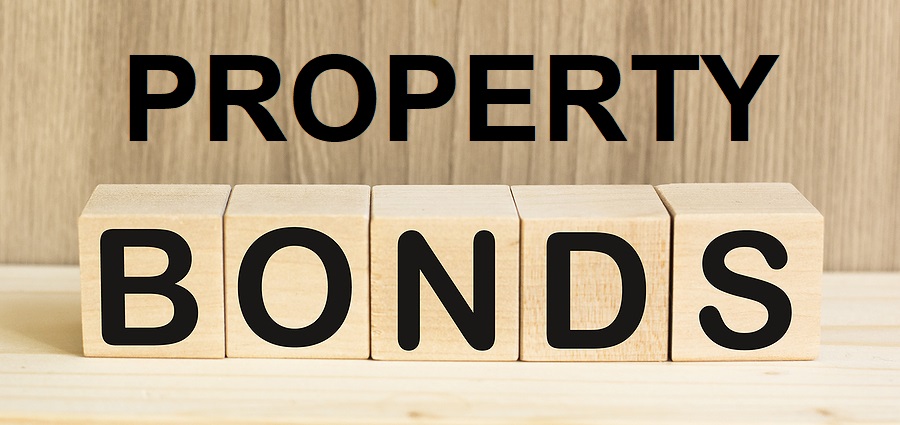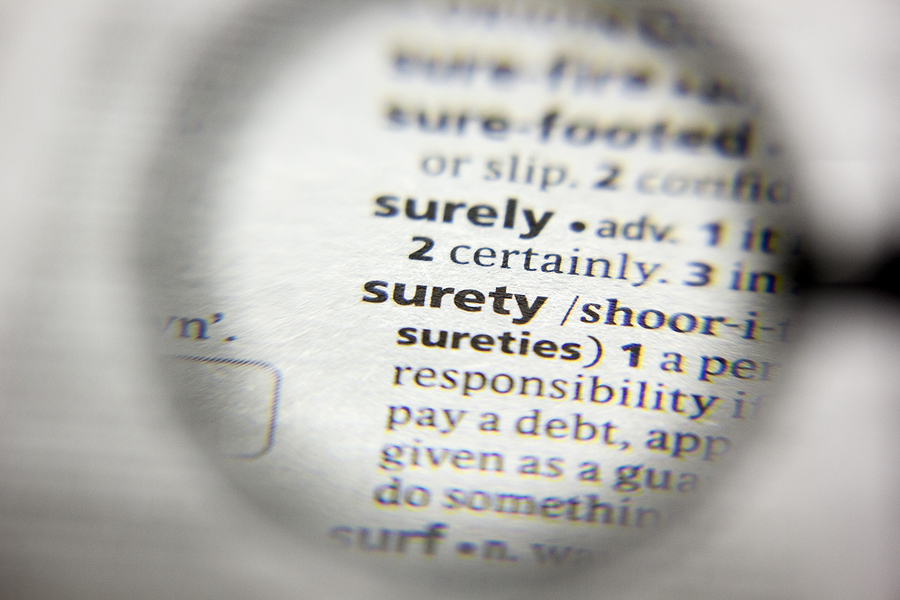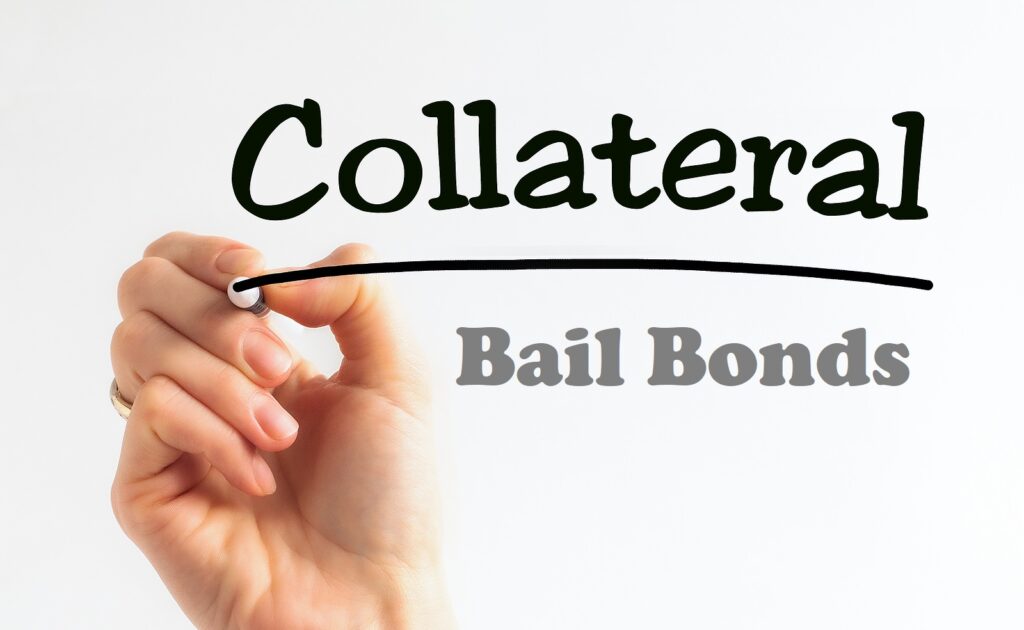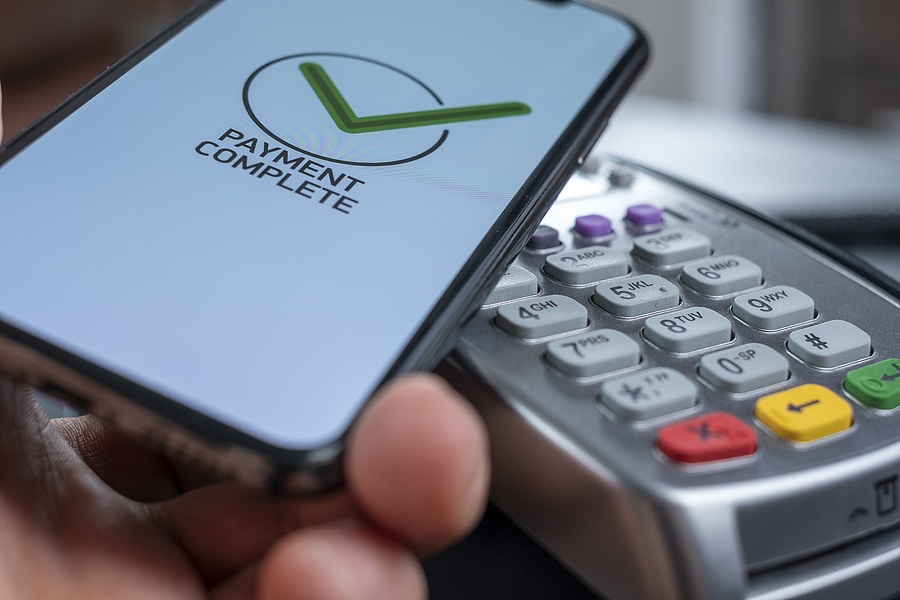Finding out that a close friend or loved one has been arrested can be both shocking and overwhelming. If you’ve never dealt with the legal system before, the process can feel even more daunting. Fortunately, understanding the key steps and knowing what to expect can make the entire experience less stressful. This guide will walk you through everything you need to know about bailing someone out of jail in Indiana, from the initial arrest to post-bail considerations.

Understanding the Arrest and Bail Process
What Happens During an Arrest
When someone is arrested, they’re taken into police custody and transported to a local jail or detention center. The arrest process usually begins with booking, where personal information, fingerprints, and photographs are collected. The individual is then searched, and their belongings are seized and stored until their release. If a person is arrested while intoxicated, they will sit in the jail cell until they are deemed sober – usually 7 to 8 hours. Once they are approved sober by the jail staff, the booking process can begin. This is when you, as the friend, can begin the bail bond process.
Types of Bail
Bail serves as a financial guarantee that the arrested individual will appear in court for their scheduled hearings. There are different types of bail, including cash bail, surety bonds, and property bonds. Cash bail involves paying the full amount in cash, which is refunded after court appearances are completed. Surety bonds involve a third-party bail bondsman who guarantees the bail amount for a fee. Property bonds allow individuals to use property as collateral instead of cash.
Booking and Arraignment
After booking, the individual will have an arraignment, typically within 24 hours. During this hearing, charges are formally presented, and the judge will set bail based on the severity of the crime, the individual’s criminal history, and other factors. Understanding these steps will prepare you to act quickly when bailing out your friend or loved one.
Your Role as the Support System
Responsibilities of Bailing Someone Out
When you decide to bail someone out, you take on significant responsibilities. You’ll likely need to sign a bail bond agreement, or bail contract, which outlines your obligations as a co-signer. This may include ensuring the individual appears in court and adheres to all bail conditions. Failure to meet these conditions can result in bail forfeiture and financial liability.
Providing Emotional Support
Your friend or loved one will likely be experiencing a range of emotions, including fear, anxiety, and embarrassment. Offer them emotional support by being patient, listening to their concerns, and reassuring them that you’ll help them through this challenging time. Providing a supportive environment can significantly impact their emotional well-being.
Legal Support
While you’re not expected to be a legal expert, it’s crucial to understand the basics of the bail process and any specific legal requirements. You may also need to help your friend find a competent attorney to represent them in court. Knowing their legal rights and options will empower you to make informed decisions.
Steps to Bail Your Friend or Loved One Out
Contacting a Bail Bondsman
Once bail is set, your first step should be contacting a reputable bail bondsman. They will guide you through the bail bond process and explain the associated fees. Researching and selecting a reliable bail bond company is essential, as they can expedite the release process.
Understanding the Costs
Bail bond fees typically range from 10% to 15% of the total bail amount. This fee is non-refundable, even if the individual appears in court as required. Additionally, some bail bondsmen may require collateral, such as property or valuable assets, to secure the bond. Be sure to read and understand the terms of the bail bond agreement before proceeding.
Signing the Necessary Paperwork
After agreeing to the terms, you’ll need to sign the bail bond agreement. This document outlines your responsibilities and the conditions of the bail. Ensure that you fully understand your requirements as a co-signer and ask questions if anything is unclear. Once the paperwork is complete, the bail bondsman will post bail, and your friend should be released shortly.
Post-Bail Considerations
Court Appearances
After being released on bail, your friend or loved one must attend all scheduled court appearances. Failure to do so can result in bail forfeiture and additional legal consequences. Keep track of court dates and ensure that your friend knows when and where they need to be.
Consequences of Failing to Meet Bail Conditions
If your friend fails to meet the bail conditions, you may be held financially responsible for the full bail amount. Additionally, the bail bondsman may seize any collateral you provided. It’s crucial to understand the implications of co-signer liability and take steps to ensure compliance with all bail conditions.
Supporting Your Friend Through the Legal Process
The legal process can be lengthy and complex. Continue offering support by helping your friend communicate with their attorney, stay organized, and meet court deadlines. Your ongoing assistance can make a significant difference in their ability to successfully navigate the legal system.
Conclusion
Bailing a friend or loved one out of jail is a serious responsibility that requires careful consideration and action. By understanding the arrest and bail process, providing emotional and legal support, and following the necessary steps, you can help ensure a smooth and successful outcome. Remember that your role as a support system is invaluable, and your efforts can make a profound impact on your friend’s life.
If you find yourself in this situation and need assistance, we’re here to help you every step of the way. Contact Woods Bail Bonds at 317-876-9600 for 24 hour bail bond services in Marion County you can trust. We also offer prearranged bail bond service for arrest warrants.
Related Posts:
Here is Why Your Boyfriend’s Bail Was Denied
Guide to the Indiana Bail Bond Cosigning Process: A Lifeline for a Friend in Need
Behind Bars: What to Do When Your Friend Needs Bail








